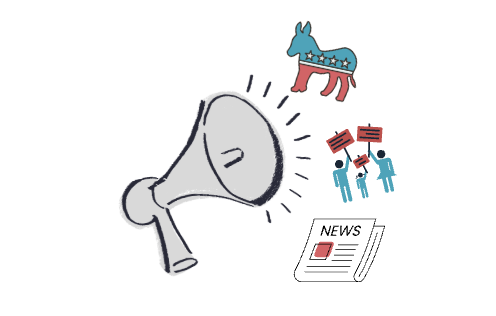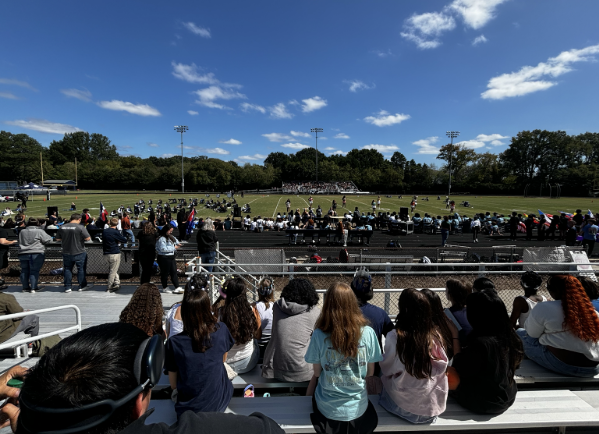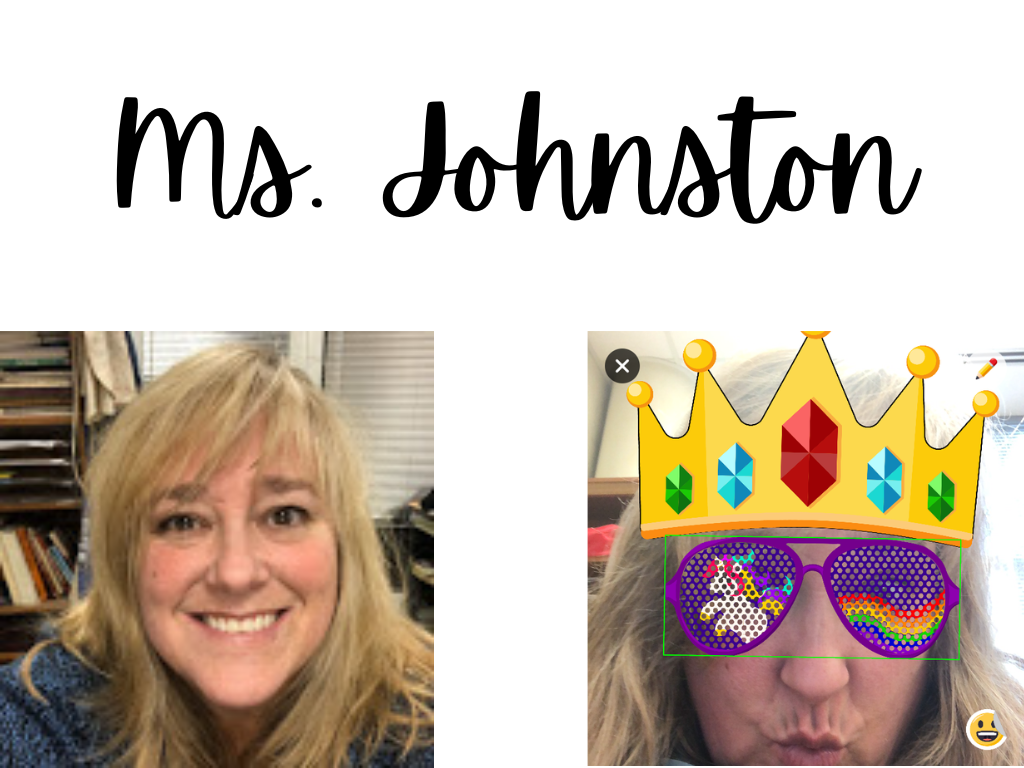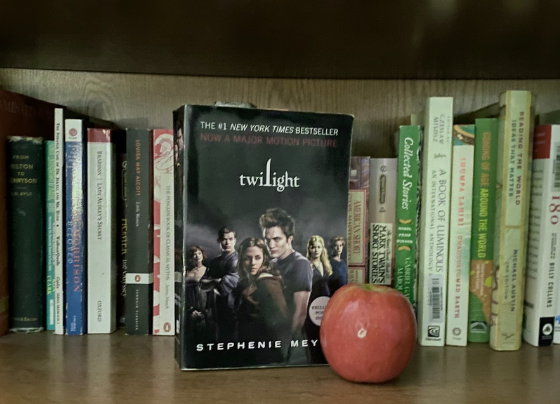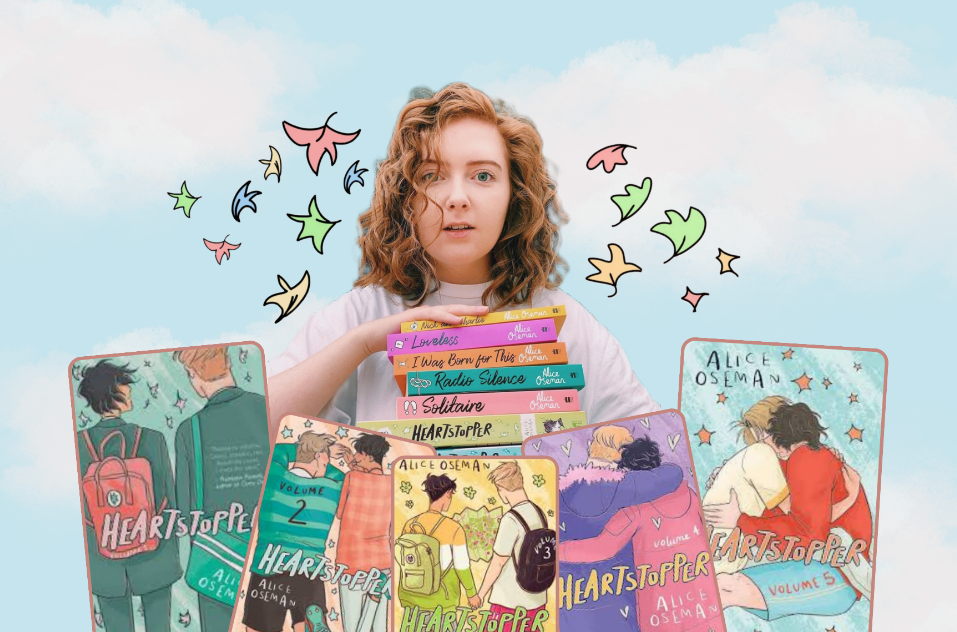According to UNESCO, around 2.2 million unique titles are released into the world each year. Despite the fact that we live in an age where books are more abundant and available than any other time in human history, sources indicate that people are reading less year after year. From the statistics on poor reading rates to the tangible effects of literary habits, the science and data behind this integral part of human society deserves an analysis.
To start at the beginning, the American Time Use Survey reported that even though 20% of respondents had a child younger than nine, a mere 2% reported that they read with a child. An analysis of time use data from the Census Bureau concluded that 26% of surveyed American adults read for pleasure every day in 2003, dropping ten points by 2023. The minimal number of parents who spend time reading to their child is a likely indicator that the downward trend found by the Census Bureau may continue.
But what does a decrease in voluntary reading as a daily occurrence mean, and what does it entail for both individuals and societies as a whole? Youth Librarians Stefani Hudon and Shannon Hewett of Raleigh’s North Regional Library had their perspectives to share.
“I think that is unfortunate because we want a society that is informed and educated and empathetic,” said Hewett, later adding, “What has worsened [the data] from 2003 to now is social media and streaming TV.” She said that these technologies, which have advanced dramatically since 2003, seem to be eating away at people’s downtime that they might have otherwise spent on reading.
The librarians honed in on the importance of a love for reading needing to be fostered in childhood. “[For] the young children, we just instituted 1000 Books Before Kindergarten to encourage the parents to read books to their kids.” Hewett said. The program is a nationwide initiative that wants to create “…an innovative, yet fun approach to establishing strong early literacy skills,” according to their website. The two discussed the various youth programs held at the library and their objectives. They aim to draw kids towards reading by centering the library programs and books on display around topics that are appealing to them. In addition, the programs make an effort to get parents involved by endeavoring to “showcase all the different things that can be replicated at home,” said Hudon.
“As a society, if people are reading, they become more informed, they become more educated on topics,” said Hewett, introducing the discussion on the immense benefits of reading. “A lot of people gain empathy from reading, especially if they are reading about people who have different struggles than they do,” Hewett continued soon after, “It lets [people] disassociate from the stress of their everyday lives.” Stefani added. “It lets them have a moment of peace.” This is backed up by science. Reading has been shown by research to increase empathy, mental health, and reasoning and comprehension skills, as reported by the New York Times.
An integral part of our society has been proved to be something citizens spend less and less time on. By decreasing our reading habits, we may be hurting ourselves not only as humans, but our society as a whole. Libraries like North Regional are doing the best they can to fix these issues by growing a new generation of avid readers.



